Past Science Seminars
Summer 2022
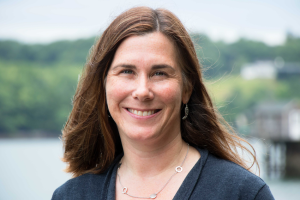 July 15, 2022
July 15, 2022
Challenges and opportunities of engaged research: an update from the Darling Marine Center
with Dr. Heather Leslie, Director of the UMaine Darling Marine Center and Professor UMaine School of Marine Sciences.
Dr. Leslie will provide an update on the programs and people active at the Darling Marine Center. The mission of University of Maine’s Darling Marine Center (DMC) is to connect people to the ocean by generating and sharing knowledge of coastal and marine ecosystems and the human communities that are part of them. As the university’s marine laboratory, the DMC brings unique strengths and opportunities to UMaine by virtue of its waterfront facilities, resident expertise, and partnerships with marine businesses and local communities. Leslie will highlight how research, education and engagement programs at the DMC connect with scientific and societal priorities in Maine and beyond, and reflect on the role of place-based scientists in particular to help solve the challenges facing coastal communities.
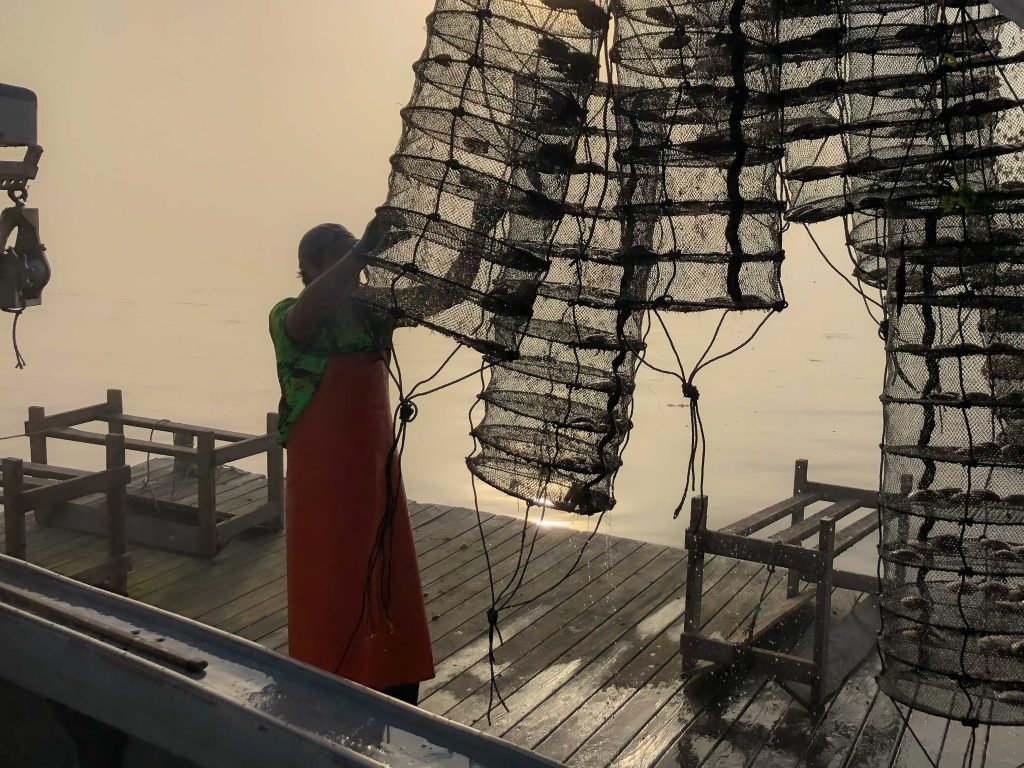 July 29, 2022
July 29, 2022
The development and future of scallop aquaculture in the Gulf of Maine
With Dr. Damian Brady Professor of Oceanography and Associate Director for Research and Graduate Studies UMaine School of Marine Sciences
Recent changes to the supply and demand of sea scallops in the US has created an opportunity for Maine aquaculture farmers. Dr. Brady will discuss the challenges that Maine farmers face as they attempt to take advantage of new market dynamics, particularly as they relate to the biology and economics of sea scallop aquaculture. There are reasons to believe that scallop aquaculture can diversify and add resilience to Maine’s working waterfronts.
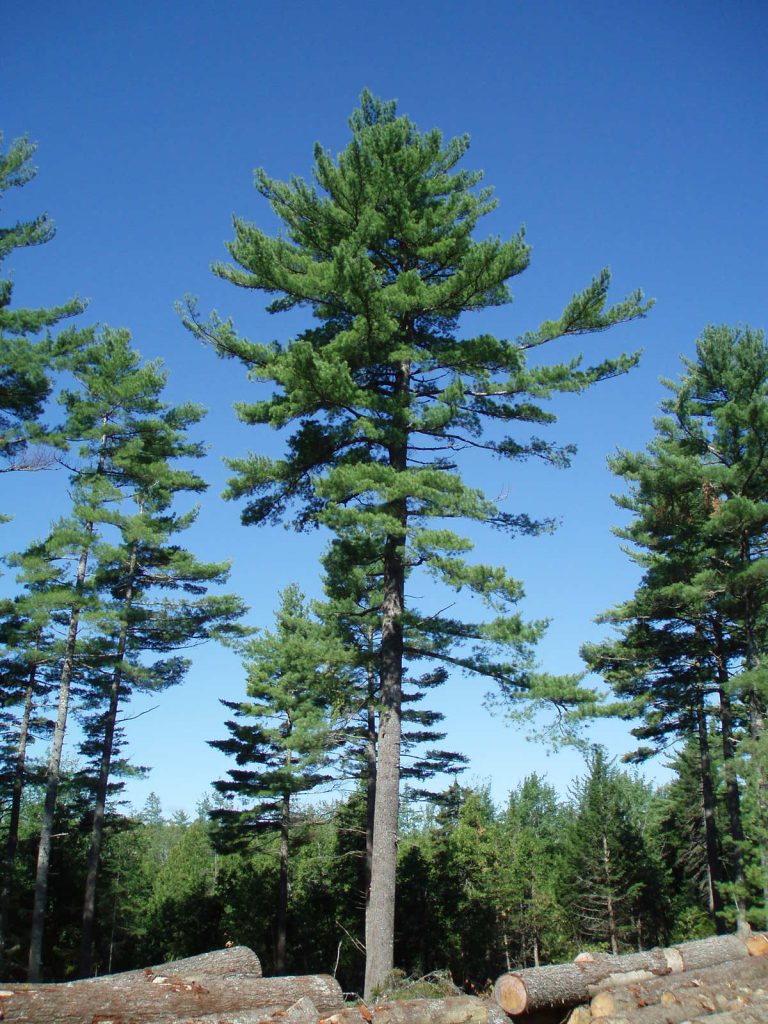 August 12, 2022
August 12, 2022
Management of University of Maine Forests and Implementing DMC’s Forest Management Plan
With Keith Kanoti, University of Maine University Forest Manager
The University Forest Office manages 14,500 acres of forestland owned by the University of Maine and the University of Maine Foundation across the state of Maine. This presentation will provide an overview of the University Forests, our office’s mission and forest management philosophy and timber harvest planning processes. We will review the DMC forest management plan prepared in 2017 by School of Forest Resources graduate student Todd Douglass and discuss harvesting technology and areas being considered for possible timber harvests on the property.
Summer 2021
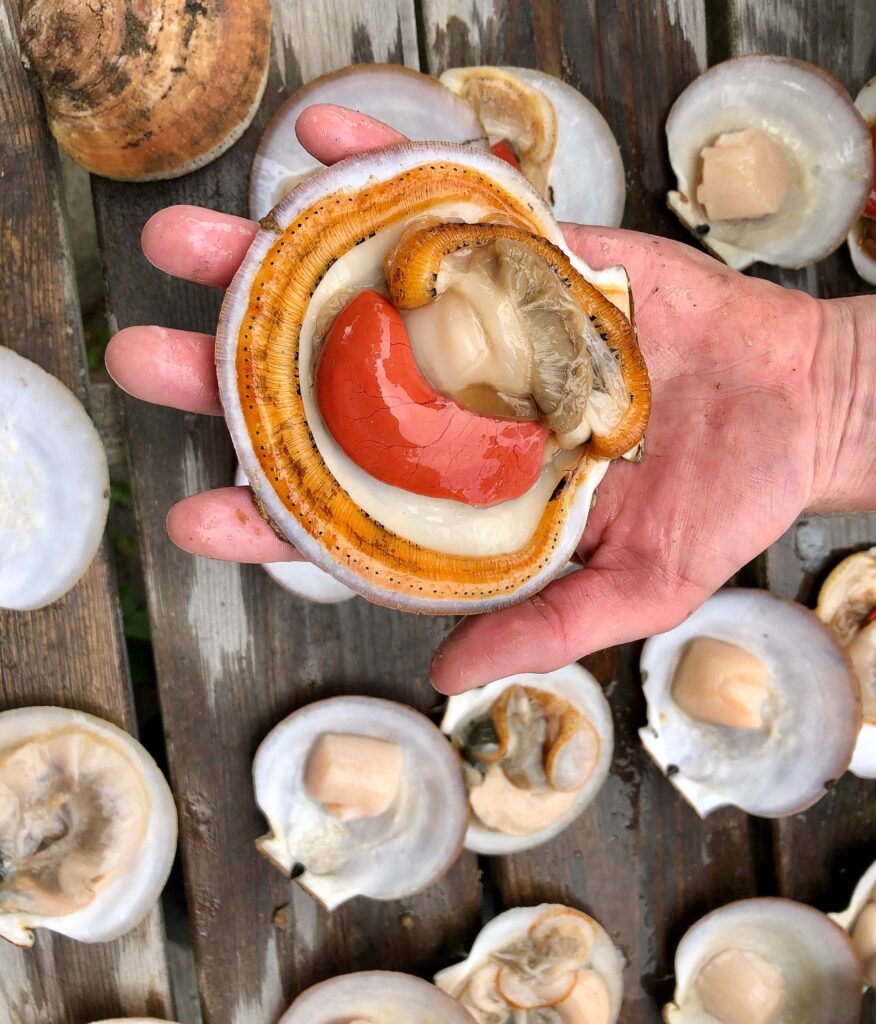 July 16, 2021
July 16, 2021
Future of Farmed Shellfish with Struan Coleman, masters student in marine policy & Tom Kiffney, Ph.D. student in shellfish aquaculture
Struan shared “our work with sea farmers in Maine has both local and national implications. For years, Maine’s most valuable export has been lobster. Changing seas and coasts are threatening the industry, the working waterfront, and, ultimately, Maine’s coastal heritage. Aquaculture holds the potential to sustainably increase domestic production of seafood and prevent the worst consequences of climate change from impacting coastal communities. Our work aims to better understand aquaculture site selection and production techniques to ensure that the expansion of the industry benefits both new growers and those that already work on the water.”
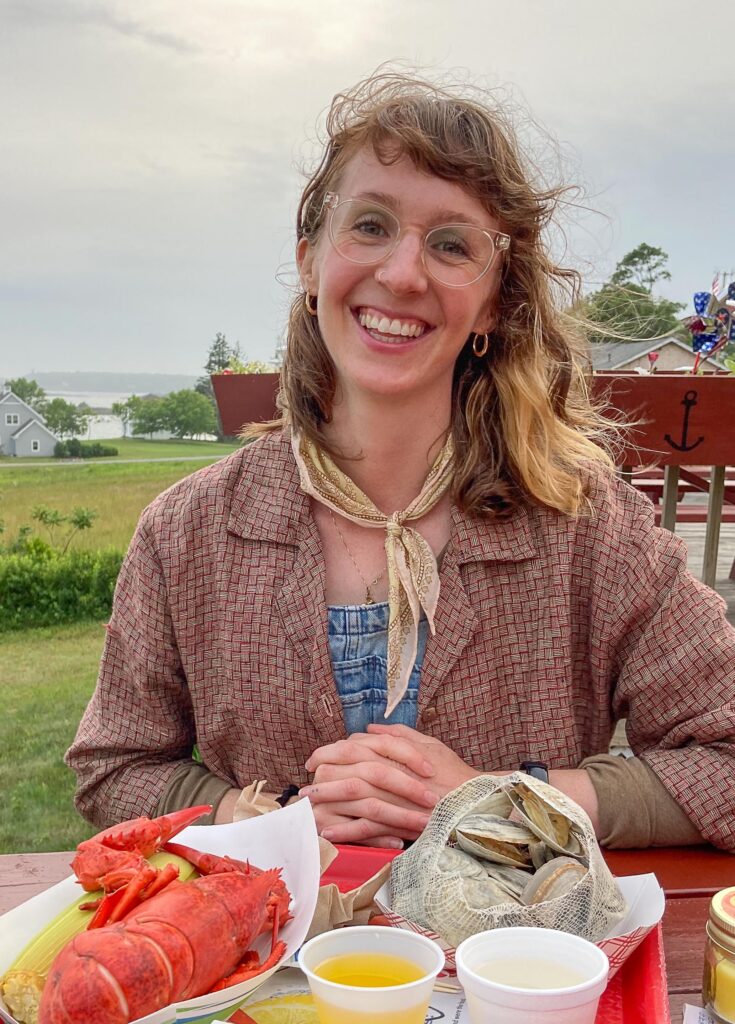 July 23, 2021
July 23, 2021
Community Science & Stewardship in Maine Estuaries with Sarah Risley, dual masters student in marine biology & marine policy
Sarah shared with us that “my research on shellfish populations and estuarine ecosystems is attempting to fill data gaps and support shellfish fisheries management in the Damariscotta River. We are doing this by developing alternative means to collect information on the current status of shellfish species and their predators in the estuaries and how they may be changing through time. In this effort we are collecting both environmental and local knowledge data. Used together, local knowledge and environmental data work together to provide a more complete picture of what is actually taking place in the estuary.”
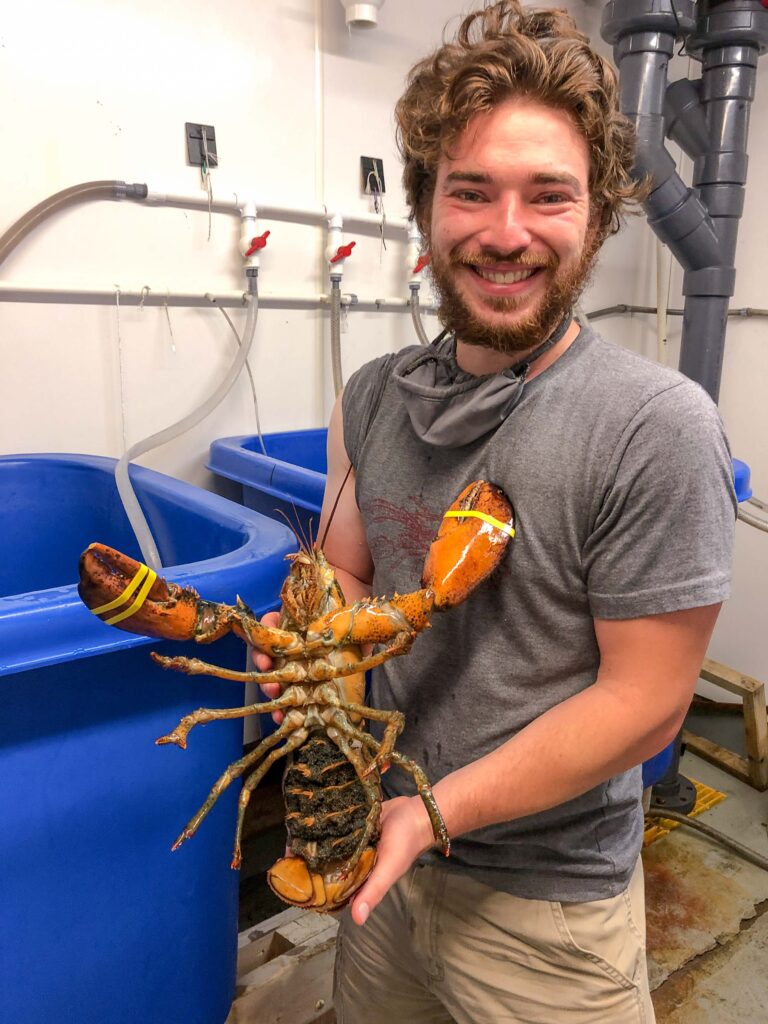 July 30, 2021
July 30, 2021
Lobster Larvae & Our Changing Climate with Alex Ascher, Ph.D. candidate
When asked about his research Alex shared “my work focuses largely on trying to understand why some larvae survive to recruit successfully, and others do not. Studying a process which involves small planktonic larvae which are spread throughout the ocean requires a lot of creativity and collaboration in how we approach our research. I find this to be a really unique and rewarding way to study the ocean.”
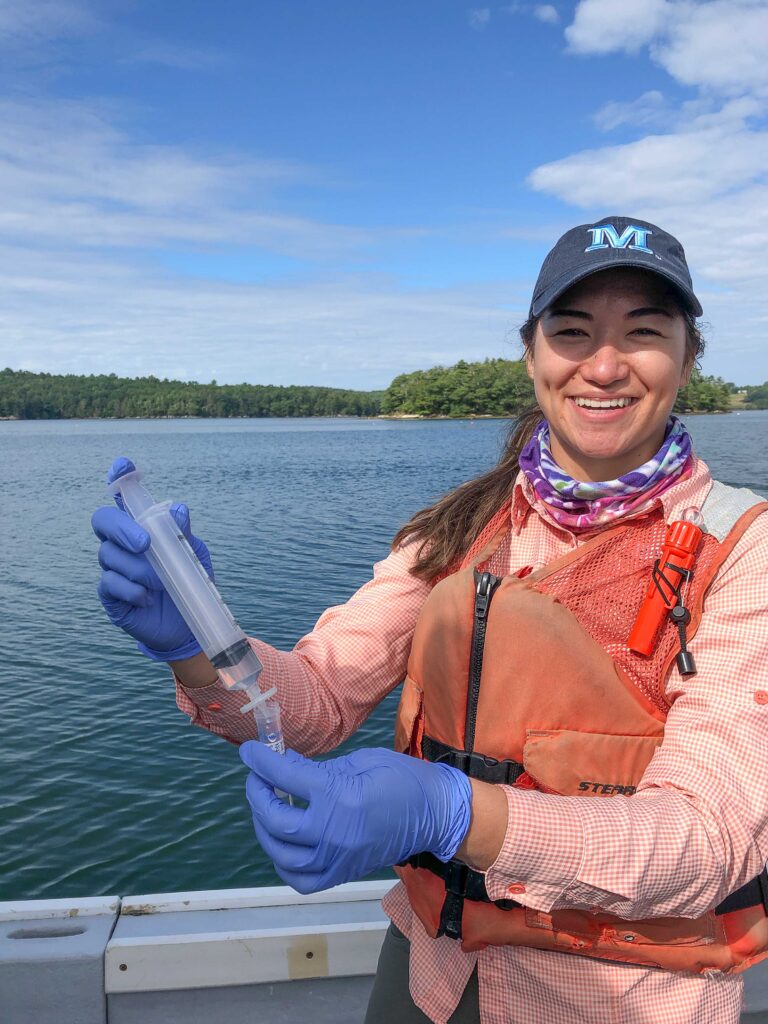 August 6, 2021
August 6, 2021
Hidden Biodiversity: Microbes in the Damariscotta River Estuary with Rachel Presley, Ph.D. candidate in oceanography
When asked about her work Rachel said “I study tiny organisms that live in the water and mud in Damariscotta Lake and the Damariscotta River estuary. I want to know which microbes are present and where, how they make a living , and how that affects the environment. It is neat how such small creatures can create complex networks and relationships in a small area. I think it is interesting how these small organisms have a large impact on the environment, which affects us as humans.”
Summer 2020
August 7, 2020 10:30 a.m.
Climate science and action for Maine’s coast and coastal communities
Dr. Heather Leslie,
Director of University of Maine Darling Marine Center
Associate Professor University of Maine, School of Marine Sciences
With featured host:
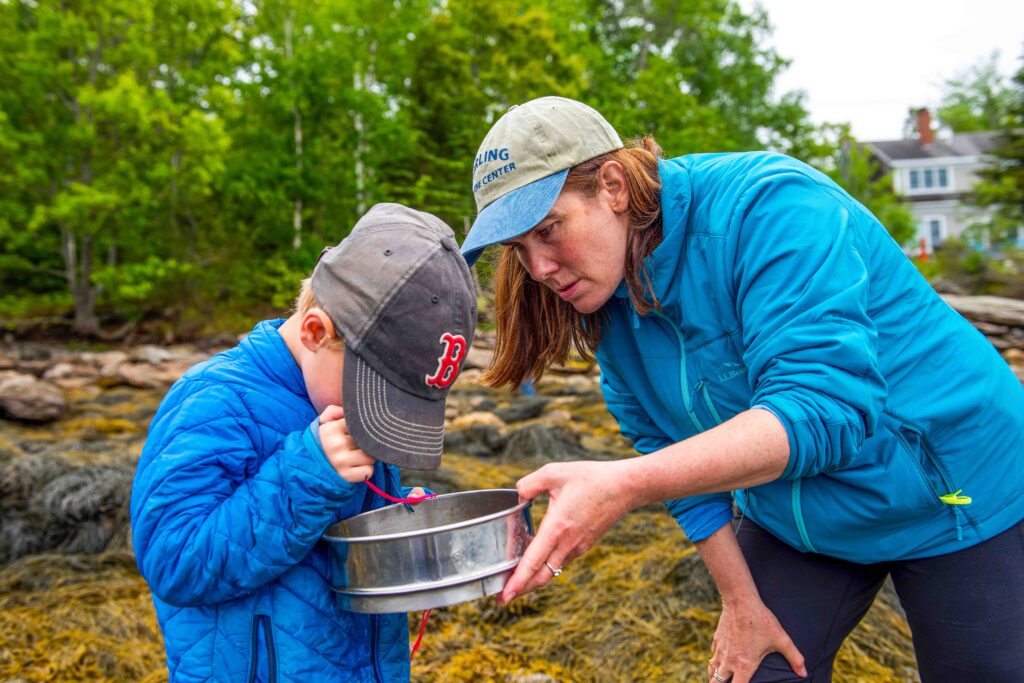 Dr. Leslie serves as co-lead of the Maine Climate Council’s Coastal and Marine Working Group. Together with 37 other leading scientists, resource managers, municipal officials, and other experts from across the state, she worked over the last year to develop strategies to cut carbon emissions and enhance community resilience in Maine’s coastal communities across the state. These strategies will be considered as part of Maine’s Climate Action Plan, which the Council will deliver to the Legislature in December 2020. Dr. Leslie will summarize the latest science and detail the coastal and marine strategies developed thus far, particularly those that relate to aquaculture, fisheries and other industries vital to Maine’s working waterfront and coastal communities. Participants will be invited to share their questions and concerns and to participate in the next phases of the Council’s work.
Dr. Leslie serves as co-lead of the Maine Climate Council’s Coastal and Marine Working Group. Together with 37 other leading scientists, resource managers, municipal officials, and other experts from across the state, she worked over the last year to develop strategies to cut carbon emissions and enhance community resilience in Maine’s coastal communities across the state. These strategies will be considered as part of Maine’s Climate Action Plan, which the Council will deliver to the Legislature in December 2020. Dr. Leslie will summarize the latest science and detail the coastal and marine strategies developed thus far, particularly those that relate to aquaculture, fisheries and other industries vital to Maine’s working waterfront and coastal communities. Participants will be invited to share their questions and concerns and to participate in the next phases of the Council’s work.
July 24, 2020 10:30 a.m.
Untangling the links between ocean life, the global carbon cycle, and future climate
Dr. Margaret Estapa
Assistant Professor of Geosciences, Skidmore College
Assistant Professor of Chemical Oceanography, University of Maine, Darling Marine Center
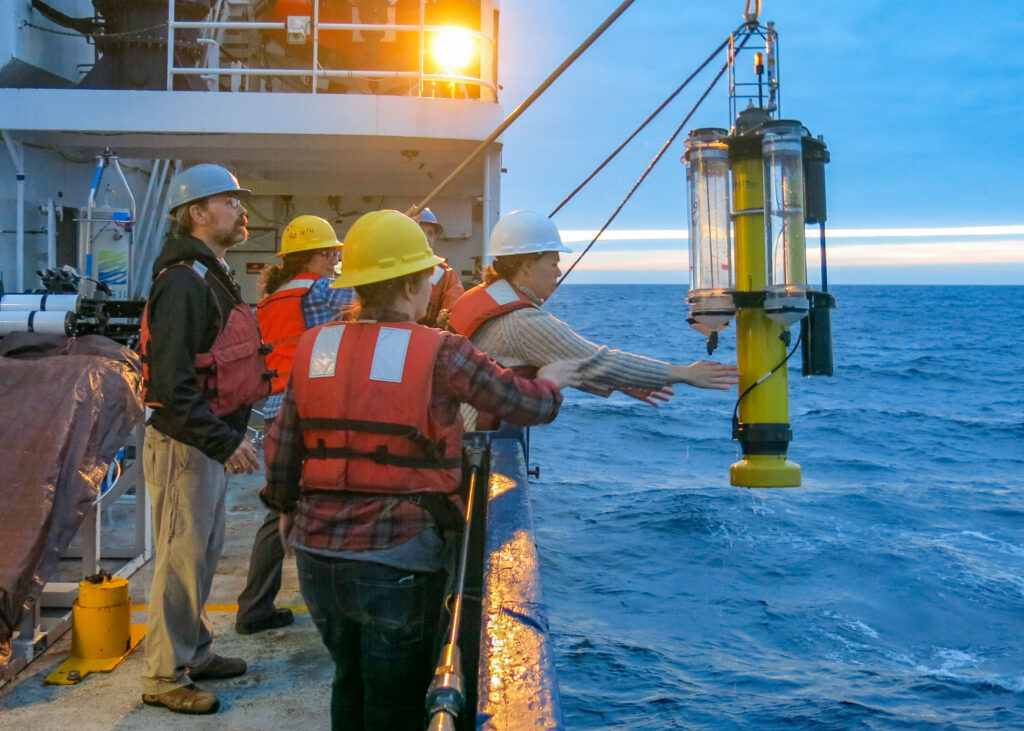
The global ocean acts as a “sponge” for atmospheric carbon dioxide, including human emissions. One of the processes that allow this is called the biological carbon pump, which starts when tiny single-celled, plant-like organisms grow and absorb carbon dioxide through photosynthesis. When these organisms die or get eaten, some of that carbon stays in the ocean and sinks into deeper water. Over long periods of time this transfer keeps carbon dioxide out of the atmosphere. However, scientists are still working out which organisms are the most important, and how they might react as the ocean warms, becomes more acidic and loses its wintertime sea ice cover. Will ocean biology keep contributing to ocean carbon uptake in the future? Since 2017, Dr. Estapa has been part of NASA study that is exploring these links through a series of expeditions at sea. She will talk about the clues her team has discovered in the North Pacific, and the questions they hope to answer closer to home, in the North Atlantic.
July 10, 2020 10:30 a.m.
Maine’s changing lobster fishery: some direct and indirect impacts of climate change
Dr. Robert Steneck
Professor of Oceanography, Marine Biology and Marine Policy, University of Maine, Darling Marine Center
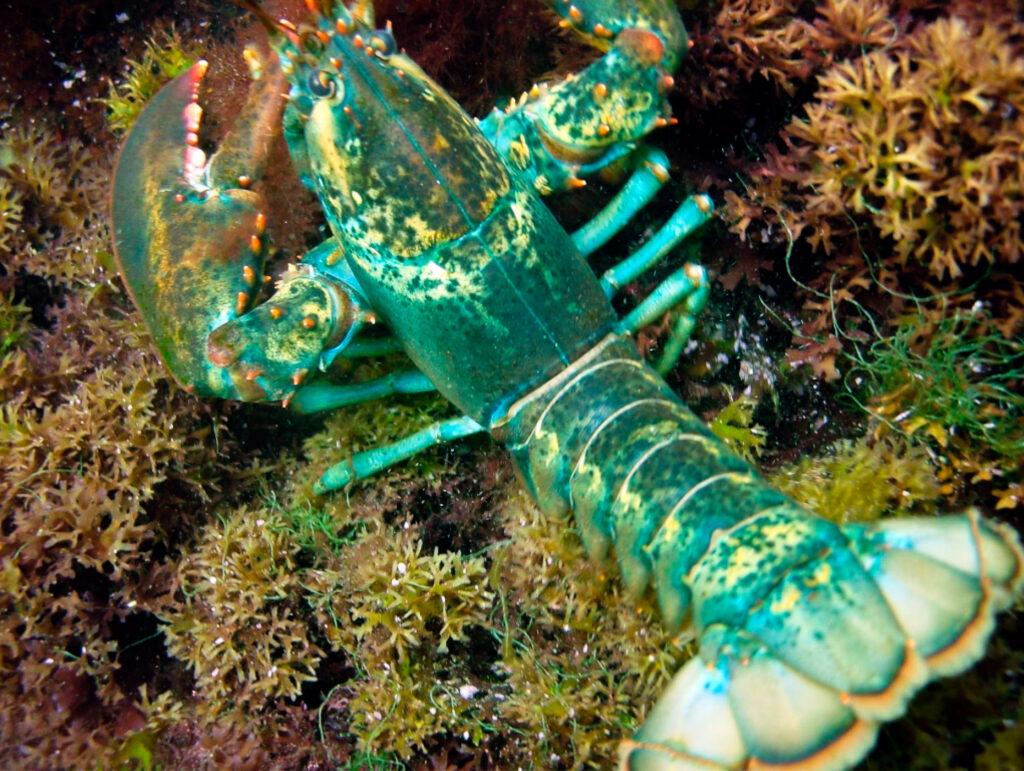 The American lobster (Homarus americanus) fishery is not only Maine’s most valuable marine resource, it is also the most valuable species harvested in the United States. Maine’s lobster is perhaps the only species in the world to have been heavily fished for well over a century but is doing better in recent years than ever before with record landings in 2016. One might think this is a fishery with few worries now or in the future. However, challenges for this fishery have never been greater. Today, the economic impact of COVID-19, international trade problems, concerns about the northern right whale and bait shortages all weigh heavily on everyone who fishes for lobsters on the Maine coast. While many of those concerns will hopefully be resolved in the next several years, a less conspicuous but a longer-term concern relates to climate change. The warming Gulf of Maine has generally improved conditions for baby lobster abundance but big changes may be occurring to where lobsters live.
The American lobster (Homarus americanus) fishery is not only Maine’s most valuable marine resource, it is also the most valuable species harvested in the United States. Maine’s lobster is perhaps the only species in the world to have been heavily fished for well over a century but is doing better in recent years than ever before with record landings in 2016. One might think this is a fishery with few worries now or in the future. However, challenges for this fishery have never been greater. Today, the economic impact of COVID-19, international trade problems, concerns about the northern right whale and bait shortages all weigh heavily on everyone who fishes for lobsters on the Maine coast. While many of those concerns will hopefully be resolved in the next several years, a less conspicuous but a longer-term concern relates to climate change. The warming Gulf of Maine has generally improved conditions for baby lobster abundance but big changes may be occurring to where lobsters live.
Starting in the 1980s, Steneck and his students conducted SCUBA diving surveys of lobsters to determine in which habitats they were most abundant. From 1989 to 1999 Steneck’s team found lobsters were primarily in shallow water– living in shelters within boulder fields. In 2019, Steneck and his students re-examined lobster populations and found them to be more spread out on ledge and sediment habitats but not concentrated in boulder fields as they had been. The research team also observed a thick carpet of non-native (invasive) seaweed – some of which was rotting on the sea floor. Steneck’s team is now exploring the possibility that small pockets of low oxygen due to rotting seaweed and warmer sea temperatures may be causing lobsters to avoid boulder field shelters. Since large predatory fish such as cod are now rare along the coast of Maine, there is little negative consequence to lobsters that choose not to shelter in place. However, this is only the start of what may become a much larger study of the indirect effects of our changing Gulf of Maine.
